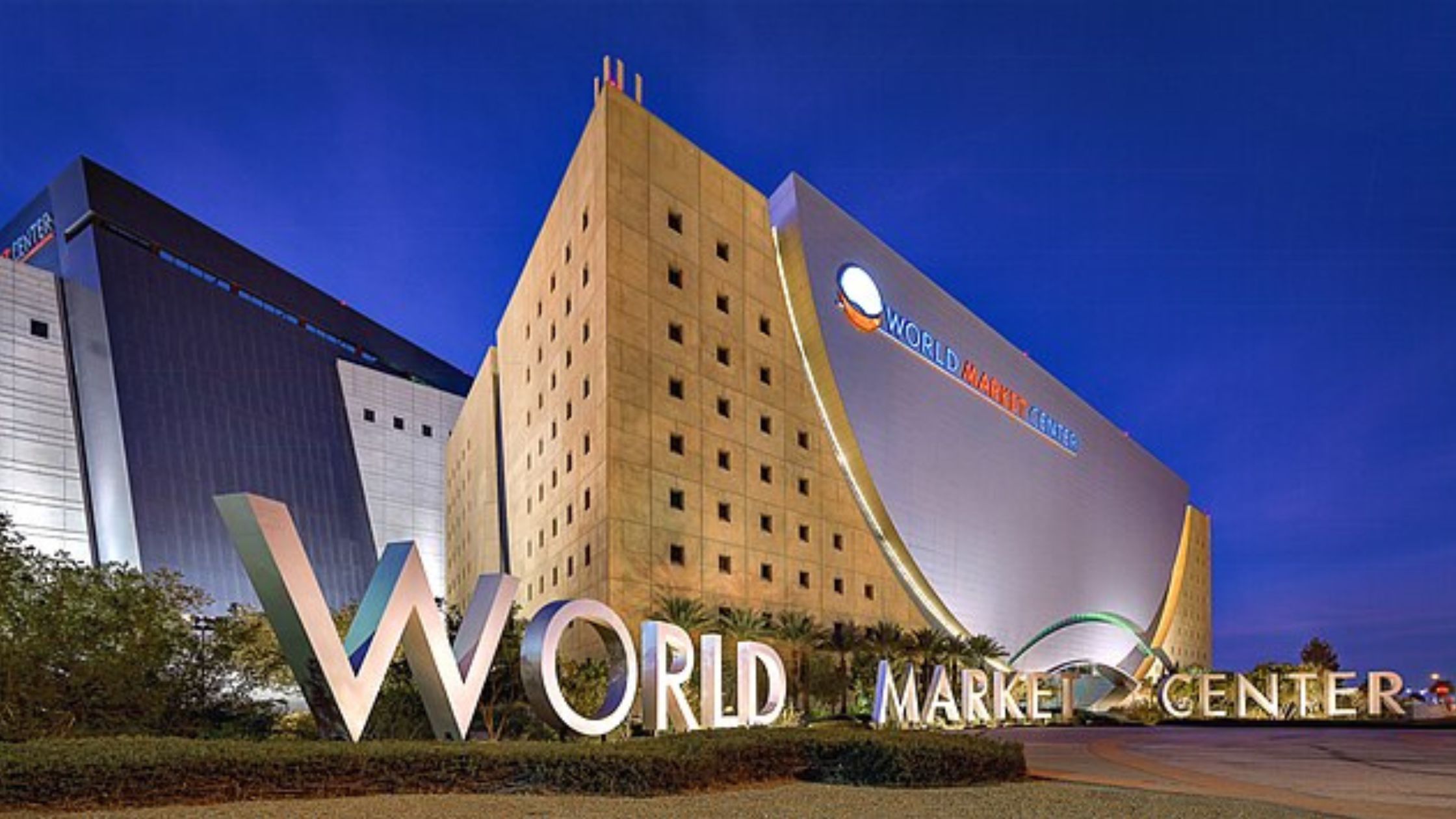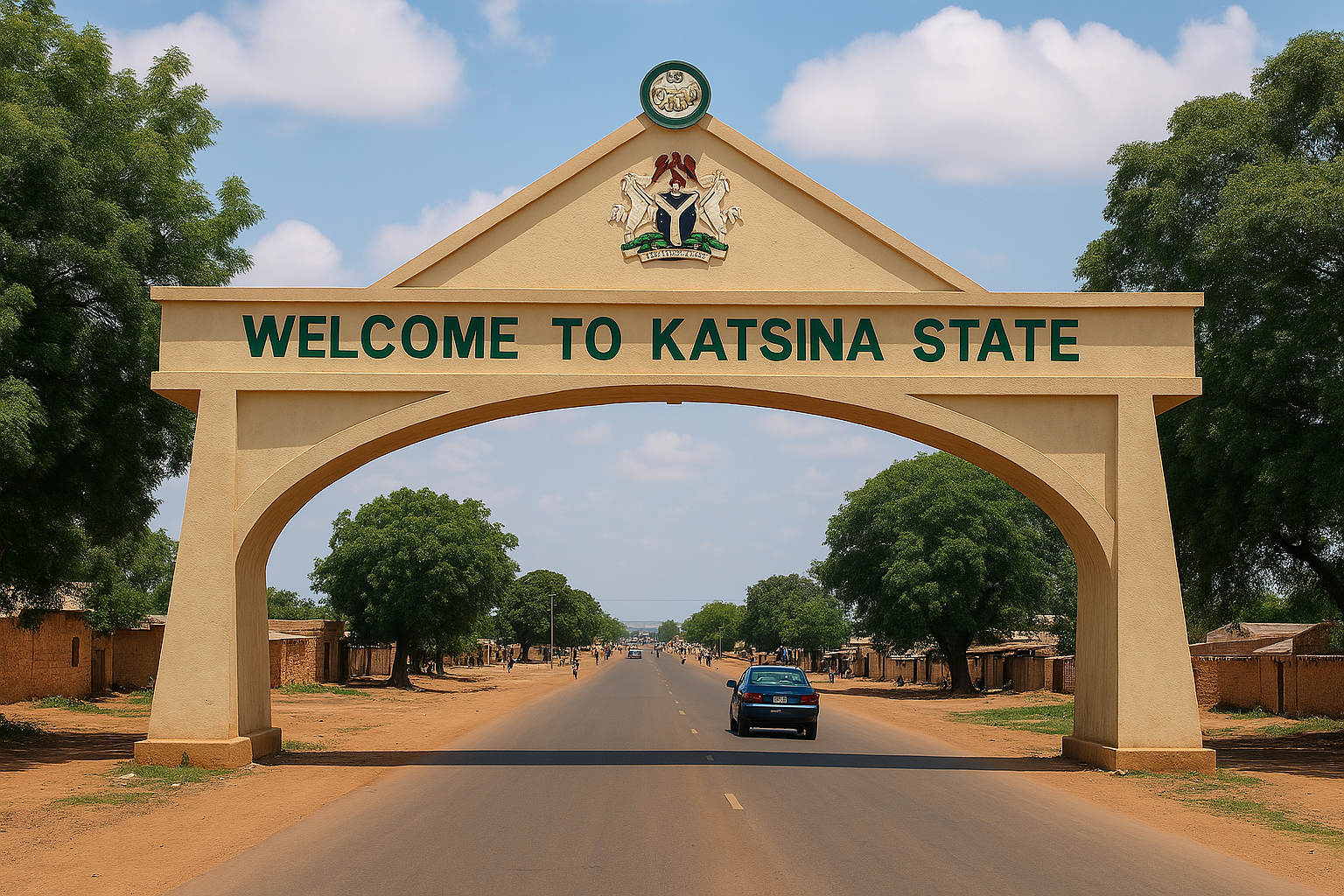In addition to being an internal economic tool, U.S. tariffs cause shockwaves that sweep the world economy. Raise tariffs, particularly against important trade partners like China or the EU, and it’s on stock markets, supply chains, and investor sentiment.
Tariffs raise import costs, and those costs typically end up being borne by the consumer. But the larger issue is uncertainty. Sudden trade policy changes have the effect of freezing investment, prompting an assessment of supply lines, recruitment policies, and slowing hiring plans. On Wall Street, that signals risk-and markets always hate risk.
During peak periods of the U.S.-China trade war (2018-2019), the announcement of tariffs prompted sell-offs in the market. The index fell several times by hundreds of points in a single day according to the Dow. Weeks of volatility were witnessed by the S&P 500. Revenue hit the hardest organisations in global exposure-Apple, Nvidia, and Tesla.
International markets fell a little as well. The Nikkei in Japan, DAX in Germany, with the spreading of the impact across even emerging markets. Globalisation means when the U.S. tightens its belt, others feel the squeeze.
For investors, tariffs are a Mischief Maker. They usually react politically, and very few are
predictable. This uncertainty takes confidence, not only in U.S. markets but also on a much wider scale of markets. Result? Capital pull-back Stocks fall. Recession fears worsen.
Bottom line: While American tariffs may begin at the political scene, they could finish as a global economic phenomenon.

One response to “The Ripple Effect-How US Tariffs Disrupt Global Markets”
-
US tariffs are causing chaos in global markets and making everyone nervous.







Leave a Reply